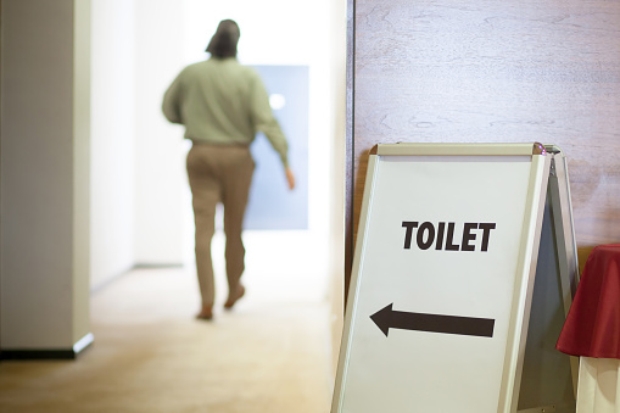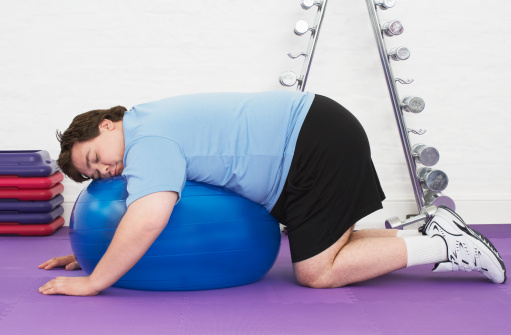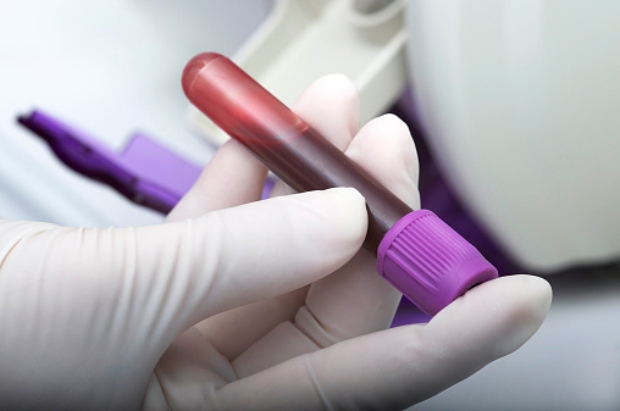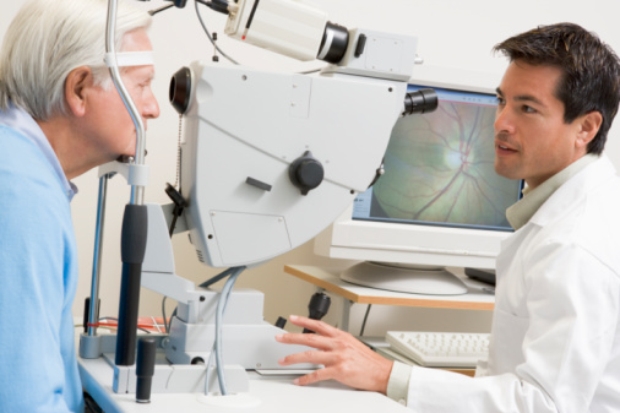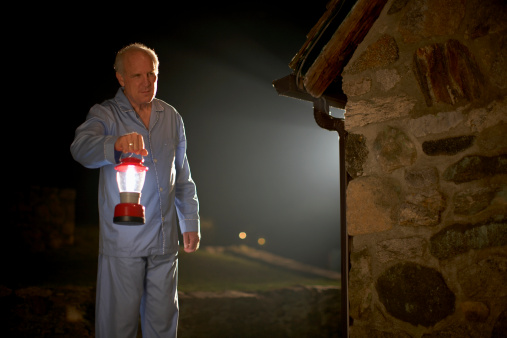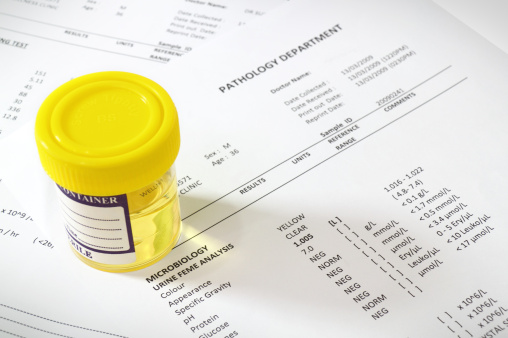Atonic or neurogenic bladder: Signs, symptoms, and causes
Literally millions of Americans suffer from atonic or neurogenic bladder. The atonic bladder signs vary from person to person, but the worst of the neurogenic bladder symptoms is the inability to control bladder function. Atonic bladder occurs due to a nerve signaling problem that may occur after a stroke, spinal injury, or tumor. The condition causes the bladder to be in one of three states: flaccid, spastic, or a mix of the two. Flaccid refers to the bladder not being able to contract, resulting in urinary overflow. Spastic refers to the bladder sustaining involuntary contractions, producing feelings of wanting to urinate despite not having a full bladder. Mixed refers to having a combination of both flaccid and spastic bladder. Atonic bladder often requires the uses of catheterization, as normal bladder control is absent. Tests involving the measurement of urine flow and imaging are often done to reach a diagnosis. Neurogenic or atonic bladder symptoms can be linked to a destruction of nerves. Essentially, it is bladder dysfunction ...click here to read more

